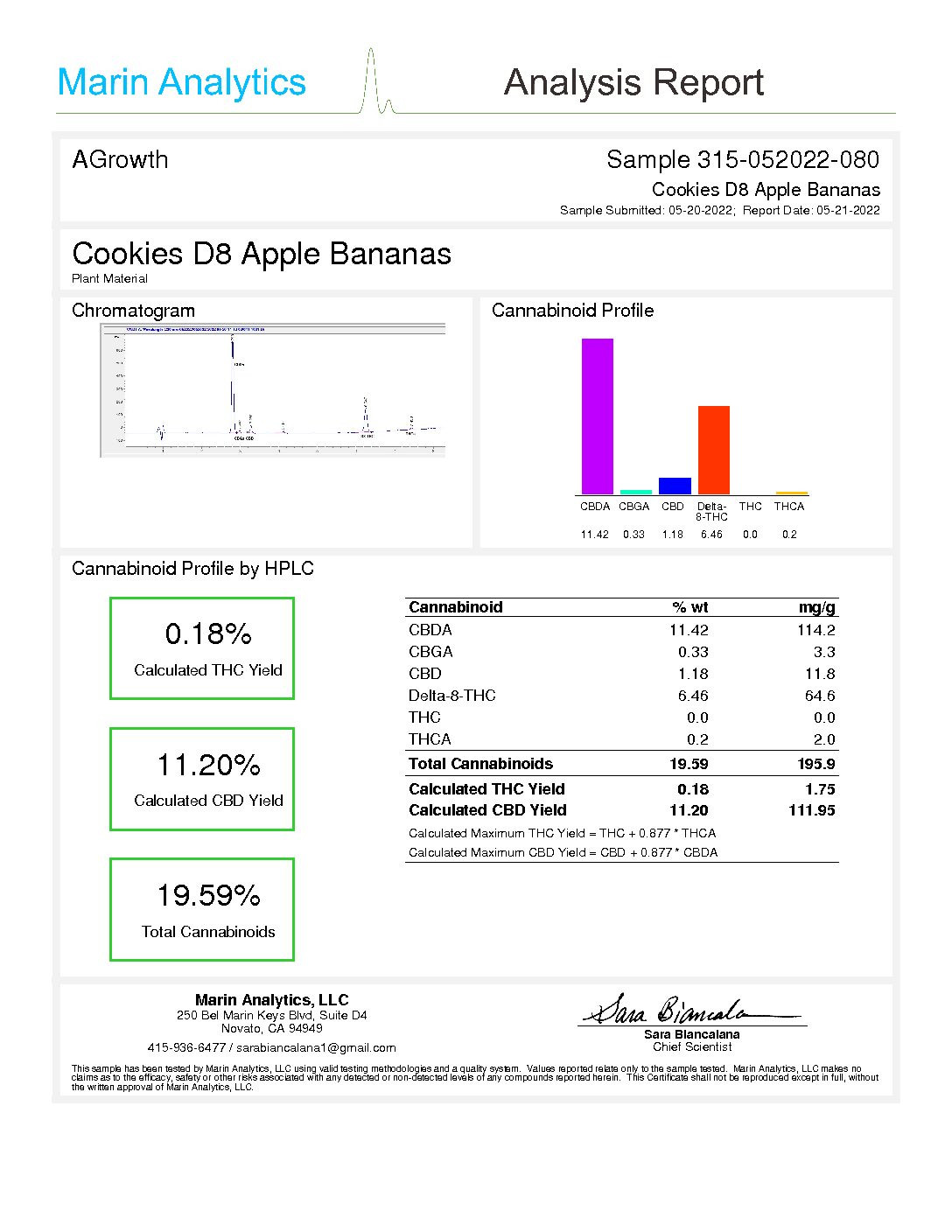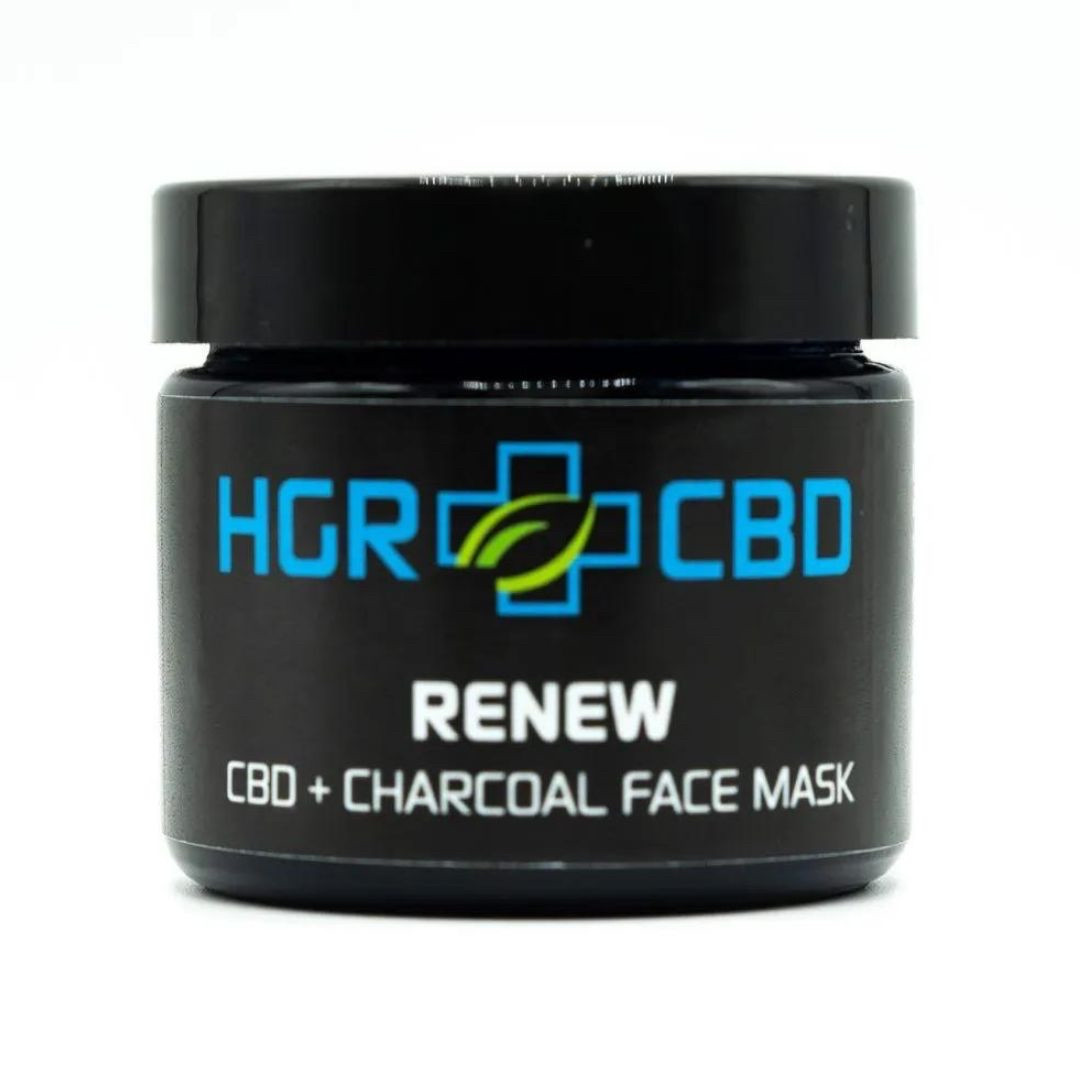Flowers
$10.00 – $29.99
Select options
This product has multiple variants. The options may be chosen on the product page
$10.00 – $29.99
Select options
This product has multiple variants. The options may be chosen on the product page
$33.00
Select options
This product has multiple variants. The options may be chosen on the product page













































